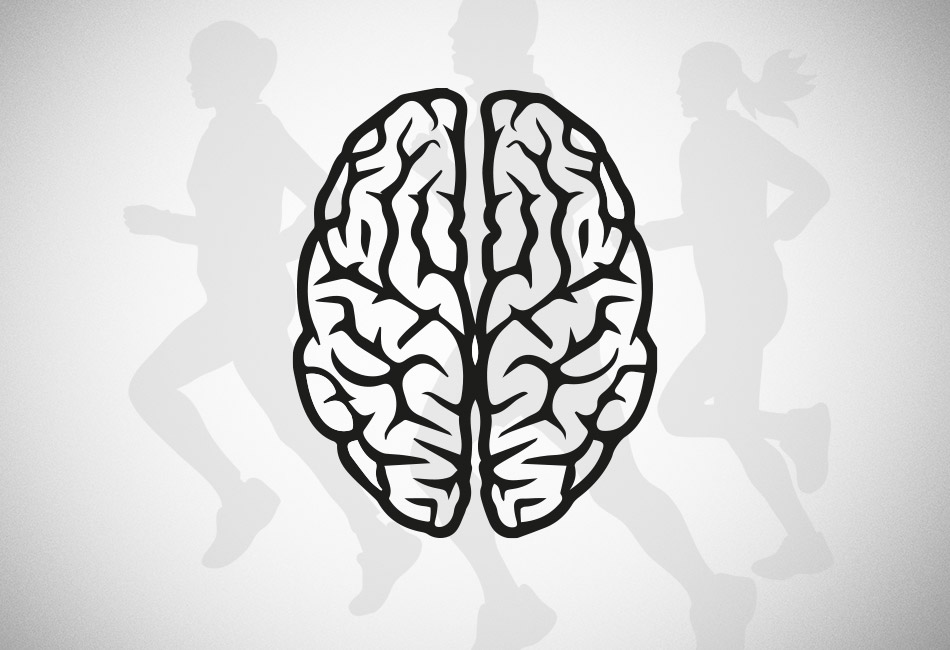We all know that exercise is beneficial for the brain, helping increase oxygen levels, blood volume, IQ points and better connections between its different segments through a process known as neurogenesis. It now appears to also help improve memory and learning by increasing the size of the part of the brain associated with them: the hippocampus. But, not all exercise is equal.
In a series of experiments involving rats scientists used specific training routines to simulate long distance running, High Intensity Interval Training (HIIT) and resistance training (a.k.a. weights) and after seven weeks tested the hippocampus of each brain, examining it microscopically for changes.
This is what they found: Long distance running for an hour or more produced the largest amount of neurogenesis, helping the brain make new connections, increase in volume and density and appear to regenerate the most.
High Intensity Interval Training (HIIT) was the next best contender. The brains of those subjected to HIIT also showed signs of neurogenesis. The degree here was not the same as that of those who did long-distance running but it was noticeable, nevertheless.
What was surprising was that resistance training produced no change at all and the examined brains appeared to be the same as the control group’s that had not been exercising.
All Exercise Produces Changes in the Brain
While resistance training showed no changes in the hippocampus, it doesn’t mean that it does not affect the brain in a positive manner. All exercise helps produce greater volumes of blood and a higher level of oxygenation. Studies have shown that IQ rises after exercise and the more complex the exercise pattern is the more complex neural structures are formed in the brain.
While lifting weights may not help change the hippocampus it does help promote overall brain health.
If anything the study showed that in addition to resistance training and HIIT workouts adding a running routine in our training regimen gives us the most benefits.
The Body is Adaptive
The body’s adaptive response is triggered when we take our bodies out of their comfort zone, so mixing our training by, say, doing resistance work when we mostly run, or adding HIIT routines when we lift or adding running with pretty much everything else, we make sure that our brains benefit as well.
So, is there a magic formula? The only rule of thumb that can apply is to exercise consistently and frequently, spice things up and have fun doing it. The fun element may not be a requirement that was surfaced by the studies but it is a requirement for sticking to any training plan long term.
The Bottom Line
Variety is the spice of life said William Cowper in his 18th century poem, "The Task". It now appears that it is also critical for us to fully enjoy the mind and body benefits of exercise.
Sources
An in vivo correlate of exercise-induced neurogenesis in the adult dentate gyrus
Ploughman M. Exercise is brain food: the effects of physical activity on cognitive function
Physical exercise: why aerobic exercise enhances neurogenesis and neuroplasticity
Neurogenesis and Exercise: Past and Future Directions
Physical exercise increases adult hippocampal neurogenesis in male rats provided it is aerobic and sustained










